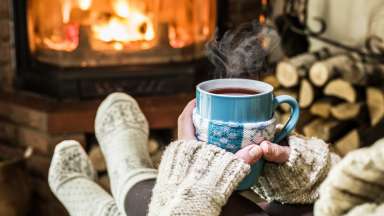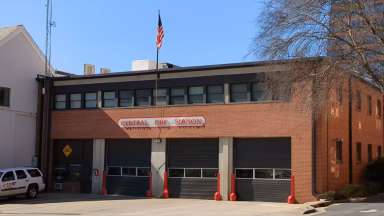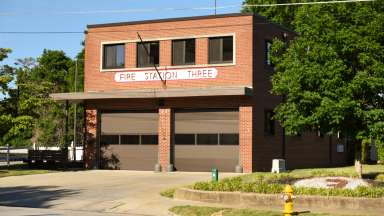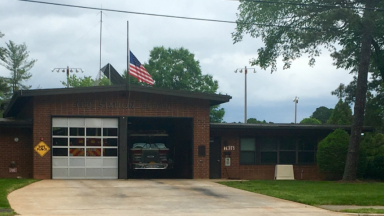Jump To:
FACT
Portable generator exhaust is toxic and deadly. Do not stand or sit downwind of generator exhaust. If you can smell exhaust, you are inhaling it.
Helpful Links
Candle Safety
Candles may be pretty to look at but they are a cause of home fires - and home fire deaths. Remember, a candle is an open flame, which means that it can easily ignite anything that can burn.
FACTS
- More than one-third of home candle fires started in the bedroom.
- Three of every five candle fires start when things that can burn are too close to the candle.



